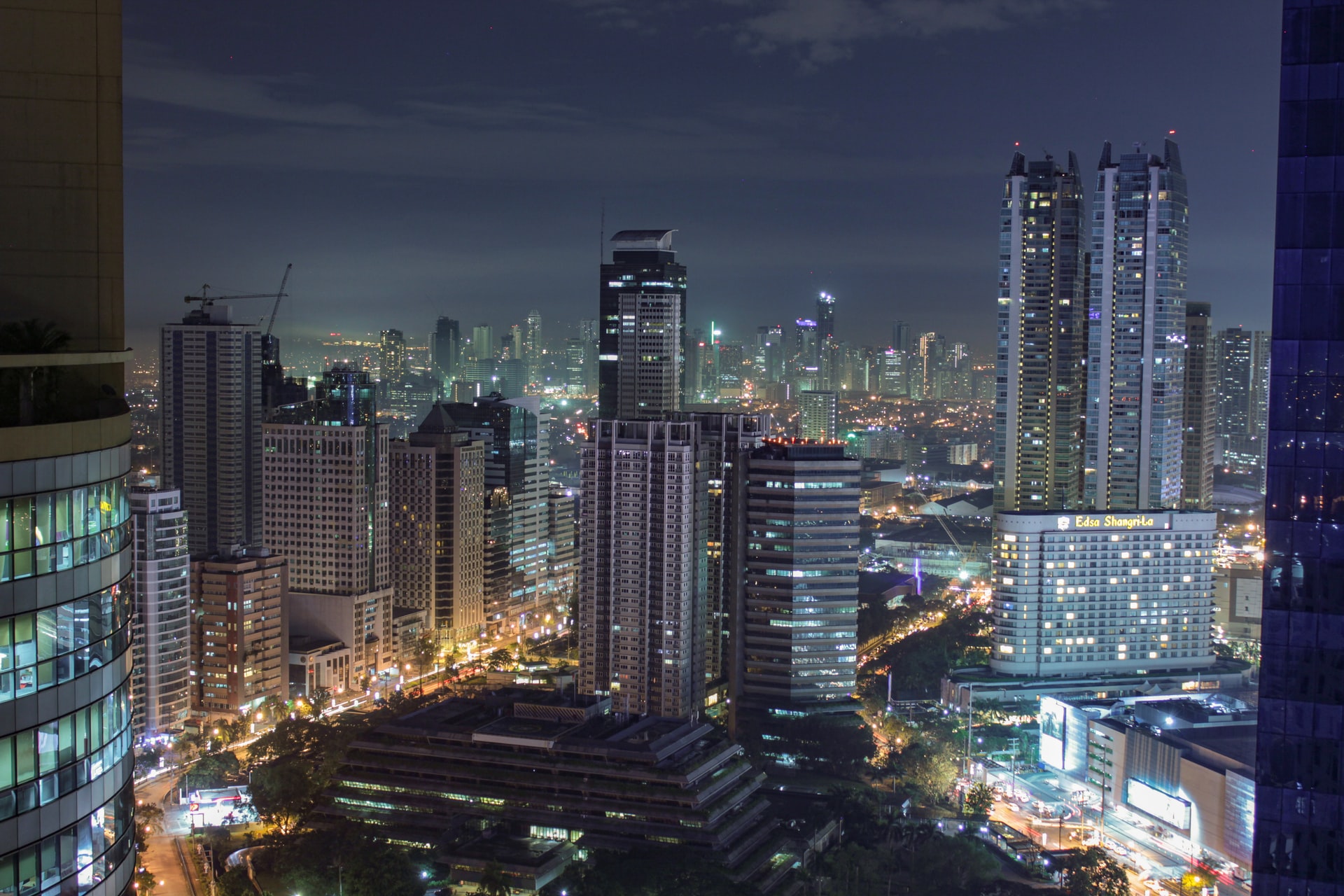Expanding ESG Investments: Realization of A Green Society in Asia
The transition to a decarbonized society is now a must. The reasons to this are very visible to all of us. Climate change is now no more a distant phenomenon, but a growing reality that we must be emboldened to face.
Raging forest fires, accelerated melting of polar ice caps and drastic changes in climate patterns is resulting in a host of problems – food insecurity, natural hazards and drinking water shortage.
Asia needs to win the fight against climate change. Its geographic position (home to most of the world’s low-lying cities and vulnerable small island states) along with a culmination of the world’s largest population makes it a crucial ground that will determine whether the world wins this battle against climate change.
Ken O’Flaherty, COP26 regional ambassador to Asia-Pacific and South Asia, said: “Climate Action in the Asia-Pacific region is key to limiting global warming to 1.5C. Countries across the region are already being impacted by climate change and will need to adapt and build resilience for the future.”
Investments and progress on the Paris Agreement and the 2030 Sustainable Development Goals (SDG) are needed to ensure a sustainable and green society for the future. Easier said than done considering the impacts SDG targets have had after the COVID-19 pandemic.
What factors will enable Asia’s shift to a sustainable pathway and how the region can turn into a magnet for ESG investments? This forms the crux of one of the themes being discussed at the upcoming Horasis Asia Meeting, being held between 20 to 21 November in Kitakyushu, Japan. The event will host 400 of the foremost business and political leaders from across Asia and the world, as they discuss ways to revitalize Asia’s economy in building a resilient post-COVID Asia.
Pre-requisites to Sustainable Pathway
Demand for environment, social and governance (ESG) factors are increasing in Asia. Companies are increasingly looking towards ESG as the guiding principle in both the way they do business and their investment decisions.
Reality of climate change is making investors rethink their investments around ESG portfolios. A recent survey by MSCI revealed that nearly 8 out of 10 (79%) investors in Asia-Pacific increased their ESG investments “significantly” or “moderately” in the wake of COVID-19. Companies with strong ESG practices were also able to perform better than their competitors during the pandemic.
Asia is poised to drive ESG investments and development in the region. These are some of the enabling factors:
- Sustainable public transportation – A well connected transportation is vital to ensure that equal access to areas of business and education is given to all regardless of their social stature. This will ensure an equitable growth opportunity for everyone in the society.
- Electric vehicle infrastructure – China is the global leader in electric vehicles. Investments in development of EV charging stations will also encourage the local masses to buy and use electric vehicles – a greener way to travel.
- Renewable energy – Coal and oil still make up the most share in total energy supply in the region. But renewable energy sources such as hydro, wind and solar is quickly gaining ground. Indonesia plans to install 18 GW of solar power by 2025, for which it will require US$14.4 billion in investments – 50x more than what was invested between 2005 to 2020.
- Water conservation – Access to safe drinking water is becoming a necessity. More so in the urban setting. Countries in the region can draw from what Singapore has achieved from its 4 National Taps initiative.
- Waste management – Floating plastics in the ocean was a dredging sight that put the spotlight on waste management. Asian Development Bank partnered with five Asian cities in minimizing waste and better waste management practices to extend landfill life cycle.
Magnet for ESG investments
Asia can become a magnet for ESG investments by bringing out several policies directed towards decarbonizing its energy use and industries. Also countries in the region need to develop policies that promote sustainable urban living with better connectivity with less dependency on fossil fuels.
The region will also need to enforce stringent ESG adoption and reporting by Asian companies to ensure a charted transition to a green economy. Investments in research & development of innovative ways in battery storage and water management can further fuel growth avenues for the region.
Lastly, a mindset shift needs to happen among the public towards sustainability. The general public as consumers and citizens can lead the change towards sustainable products and governance that is equitable. These actions now can drive Asia to become an ESG investment powerhouse.
The Horasis Asia Meeting follows on the heels of the Horasis India Meeting, held between 25-26 September 2022 in Vietnam. The India Meeting was attended by 400 leaders from both the business and government diaspora. To learn more about the event, click here.
Photo caption: Demand for environment, social and governance (ESG) factors are increasing in Asia. Photo by Thomas Richter on Unsplash.



